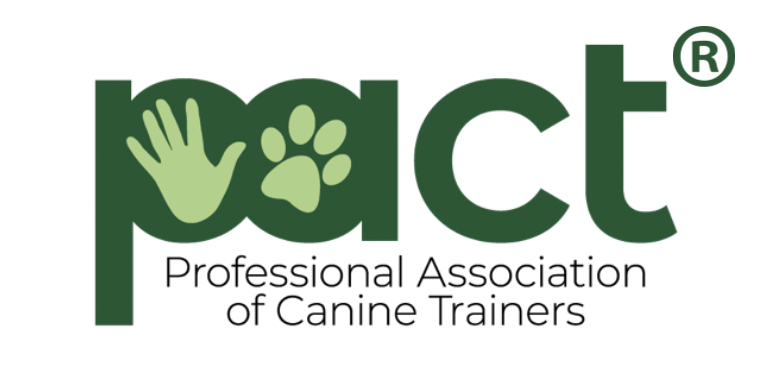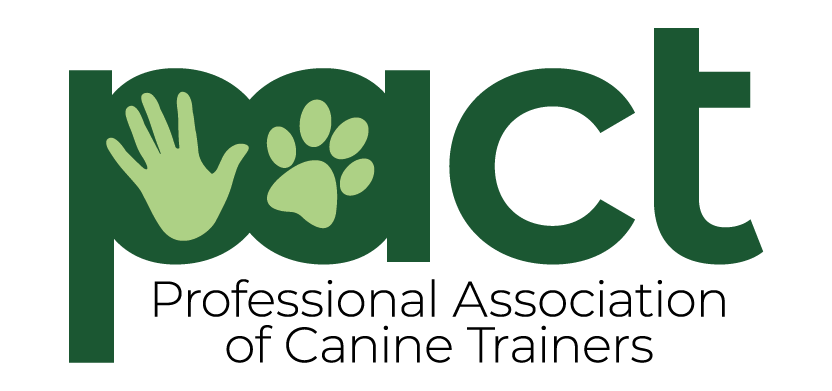You’re Turning into a Bug again!
Do you ever wonder why you find trying to understand the world from a different species perspective so enthralling? Do you ever mull over what lightbulbs (both bright and dim) flickered on and started the whole process? I do. I do it a lot. Just the other day I heard a documentary, about an author, that sparked a memory that I’d long filed away. A memory that I feel is really relevant to my journey into working with animals. Let me set the scene…
It’s 2002 and I’m sitting on ornate a wrought iron bench in the beautiful city of Prague. The sun is shining and I’m waiting for a couple of my friends to finish their business in the, modern looking gift shop, at the Franz Kafka museum. As my friends are mulling over the myriad of Kafka-esque gifts to purchase I was, however, somewhere else entirely. Where? I was deeply enthralled in a book I had just purchased from the same gift shop.
That book was called Metamorphosis by Franz Kafka. I’d never heard of this writer before visiting Prague but there was something about this modern looking museum that drew us in. Once inside we were taken on a journey through the mind of one of Europe’s greatest writers. Something about the way he wrote, the isolation, mystery and sinister subject matter really spoke to my twenty four year old brain and I eagerly snapped up the chance to buy a book.
Within the first few pages I was riveted. The basic premise of the story is that its central character Gregor Samsa, a travelling salesman, wakes up one morning to find that he is turning into a giant bug (I know right?). The story then moves through themes of isolation and the search for meaning but what caught my eye was how it forced me to imagine what being a bug must have felt like for Gregor. How would that feel? How did that effect how his family viewed him? What was his experience like? This idea fascinated me.
Around fifteen years later I would first hear the word “Umwelt”. Umwelt is a wonderful German word that translates to "environment" or "surroundings." However, it has a more specific meaning when talking about animal behaviour. Coined by the Biologist Jakob von Uexküll the word is used to describe an organism’s subjective experience of the world, shaped by its senses and how it interacts with its environment.
For example, a dog's Umwelt is vastly different from a human's as dogs experience the world through their highly developed sense of smell, while humans are more vision-centric. This means that a dog perceives and interacts with its surroundings in a way that we can only, for now at least, partially understand. If you were to extend this idea, to all organisms, you’ll get a feel for both just how unfathomable and enticing the idea of attempting this feat is.
I think now that this experience in Prague was one, of many, that lead me to working with dogs. That lead me to this unquenchable thirst to try to understand what it might be like to experience the world as a dog (or any other species). What would it be like to inhabit their Umwelt if only for a day?
That book lit a fire in my brain. I read the book in half a day and I remember, for the remaining trip, walking through the streets of Prague hearing the screeching of Swifts, the bark of dogs and observing the beetles and ants in our hostel garden and trying to comprehend what they might be thinking or feeling. I remember talking to one of my friends about it over a beer or two and later on when he caught me, after a few minutes of silence, staring in bemusement and wonder at an ant down by the table we were sat on he said “Oi! Wakey wakey, you’re turning into a bug again”.




